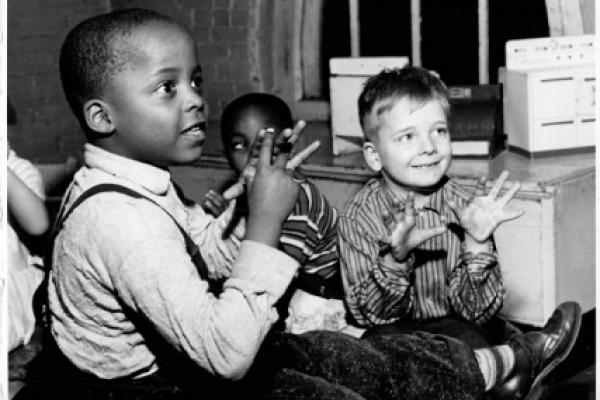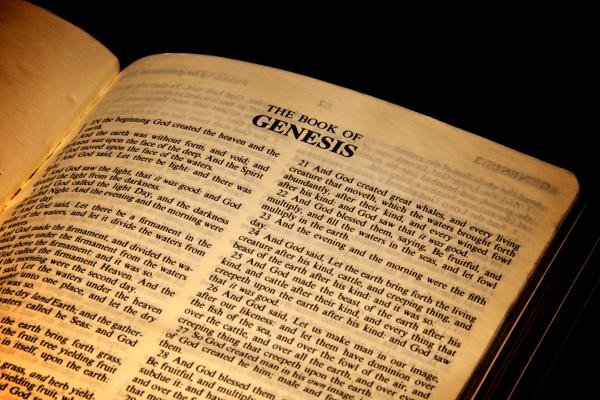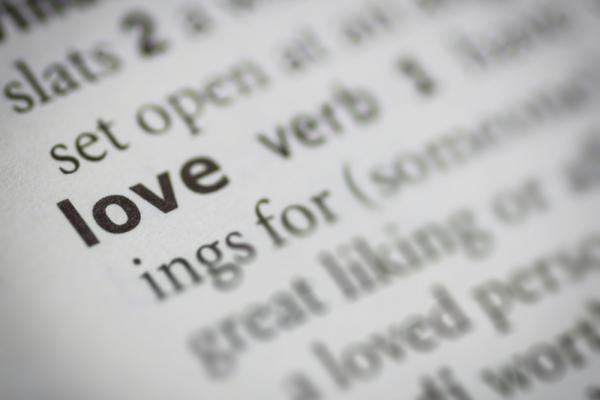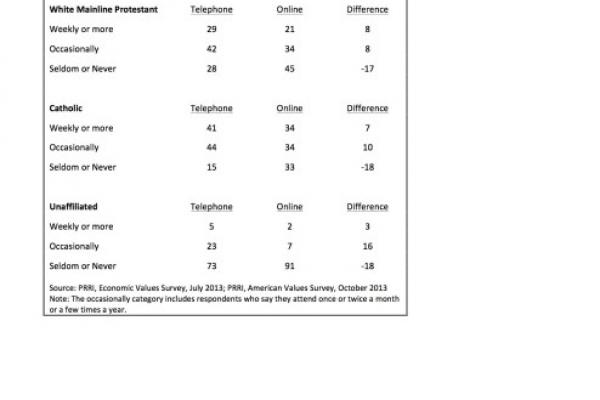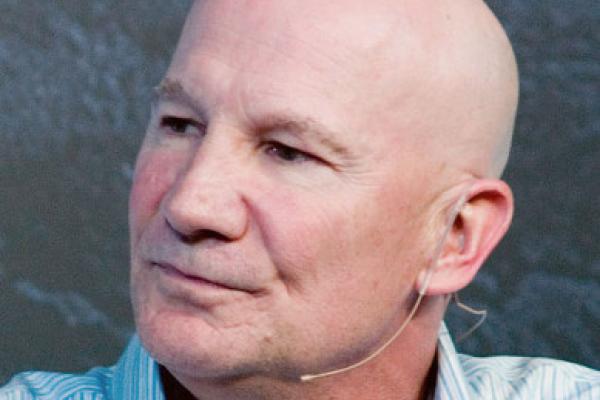A public opinion war on Middle East politics is playing out this spring in new advertising campaigns on public buses and in newspapers.
It began when the American Muslims for Palestine (AMP) launched bus ads during the April Cherry Blossom Festival condemning U.S. aid to Israel because of that country’s continuing occupation of Palestinian territories.
Then on Monday, Pamela Geller’s American Freedom Defense Initiative countered by deploying 15-foot-long ads on 20 buses in the Washington, D.C., system that equate opposition to Israel’s policies with Nazism. One ad shows the grand mufti of Jerusalem meeting Hitler during World War II.
“The bus system is considered public space, so speech has First Amendment protections,” said Caroline Laurin, a spokeswoman for the Washington Metropolitan Area Transit Authority. “We have no grounds to refuse ads due to their content.”
How do you get your Little League team to get their hitting going? Get a surprise visit before your game from President Barack Obama! Our excited kids won 12-1.
I’m been a Little League baseball coach for 10 years and 20 seasons; first with my 15 year-old sophomore son Luke who has graduated way beyond his Dad coach to high school varsity baseball, and now with my 11 year old son Jack—who got to meet the President of the United States at his game on Monday night. The expressions on the kid’s faces when Obama walked on to their field were magical and priceless.
I was born in 1990. That puts me squarely in the middle of what is referred to as the millennial generation.
It also, apparently, makes me a lazy, entitled, narcissist who still lives with my parents.
But that’s beside the point. What’s more important about the date of my birth is that it places me at a distinct and pivotal point in human history: I grew up with the Internet — what they call a “digital native.”
I (vaguely) remember when the Internet got popular; having slow, dial-up that made lots of crazy noises whenever you wanted to use it; talking to other angsty teens on AOL Instant Messenger (“AIM”); downloading music on Napster and Kazaa; and then, slowly but surely, having the Internet became engrained in my everyday life as if it was there the whole time.
But, like the bratty sibling I grew up with (upon reflection, I was equally, if not more, bratty — #humility #perspective), I’ve recognized that I have a love/hate relationship with the Internet. It’s a game-changer for the human experience, so, like that sibling, I think I’ll always love it. But, for every positive, innovative element of the Internet there is an equal and opposite reaction.
Not long ago, I visited Topeka, Kan., to teach at one of those grand old mainline churches that got caught in the aftermath of Brown v. Board of Education.
The Supreme Court agreed and, in 1954, struck down the “separate but equal” doctrine that had allowed segregation in public schools. That decision set in motion the mass exodus of whites from urban neighborhoods.
So-called “white flight” suburbs sprang up just outside the borders of newly integrated school districts. New schools went up to attract white families, as did housing developments promising a better way of life, code for “whites-only.”
To ignore climate change is to abuse the moral call to care for the environment, and generations to come will suffer.
Some of the most inspiring words in the entire Bible are found in the opening pages of Genesis. Here we are told that humans were created in God’s image and given a divine mandate to care for Creation (Gen. 1:26-31). Our vocation—our calling—is to partner with God in preserving and sustaining the earth with all the creatures and species that God has made. The word used in most translations is “dominion,” and the true meaning is what we would today call “stewardship.”
Unfortunately these passages have often been used and abused to advance countless agendas, often to the great detriment of the Earth and its inhabitants. The deep sense of stewardship implied by and inherent in these verses is ignored and the word “dominion” has been interpreted as domination—and a license to destroy. Such thinking is not just unfaithful to God; it is dangerous to all God’s creation and creatures.
The most recent example of this unfortunate mindset can be seen in the recent comments made by Sen. Marco Rubio (R-FL) denying that human activity contributes to climate change.
Dr. Vincent Harding, a theologian, historian, author, and civil right activist, died at 5:11 p.m. on Monday at the age of 82. Dr. Harding worked alongside Dr. Martin Luther King Jr., as friend, speechwriter, co-collaborator, and served as a mentor and advisor to many of the members of the Student Non-violent Coordination Committee.
Harding's social activism had deep spiritual roots in the Mennonite tradition and the Black church. Dr. Harding was one of the chroniclers of the civil rights movement as a participant, an historian, and social observer. He and his late wife Rosemarie were senior consultants to the "Eyes of the Prize" documentary film project.
Harding was a professor emeritus at the Iliff School of Theology and co-founder with his wife Rosemarie Freeney Harding of the Veterans of Hope Project, at the Center for the Study of Religion and Democratic Renewal at the Iliff School of Theology in Denver. He is also the author of numerous books, including Hope and History: Why We Must Share the Story of the Movement, There is a River: The Black Struggle for Freedom in America, and Martin Luther King: The Inconvenient Hero. Harding wrote King's famous 1967 "Beyond Vietnam" speech.
Jim Wallis, president of Sojourners and a friend of Harding, released this statement in response to Harding's death:
This is a great loss for our movement and the world and for all of us here at Sojourners. Vincent loved and served us so often in our history. He was an elder and mentor to me and to many of us. I am so grateful for a life so well lived. Thanks be to God for Vincent Harding. We are poorer for his passing and richer for having known him.
There is a line in the famous movie Ben Hur in which one of his relatives goes to hear Jesus speak. She comes back enthralled. The way she describes Jesus is by saying that he is like no one she has ever met before, that he speaks words of life. And so he did. The Gospel writers add that he spoke as one who had authority. The Message version interprets this as meaning he lived out what he spoke.
Our lives have the most impact when we live what we speak. Jesus of course is the perfect example of this. For 2,000 years he has captivated people of all races and colors. There is something about this man that is like no other. He speaks words of life and he lived those same words. He loved his enemies, he walked the extra mile, he denied himself, took up his cross and lived a life of obedience to the Father.
Our lives speak, whether we like it or not, and whether we think so or not. We are either speaking life or we are speaking death. We all have a worldview.
There’s a place in the cultural conversation for both friars and fools, for those who discern truth through contemplation and prayer, as well as those who seek to reveal it through satire and silliness. But it’s not every day that both come together for substantive (if not always serious) theological conversation.
Aric Clark, Nick Larson, and Doug Hagler, also known online as Two Friars and a Fool, host such conversations on their blog and podcast about theology and spiritual practice, sexuality, and popular culture. They recently combined forces as well for their first book, Never Pray Again: Lift Your Head, Unfold Your Hands and Get to Work. The intentionally provocative title emphasizes the need for Christians to get outside of our own heads and churches, and about the business of being the hands and feet of Jesus in a world in need.
I chatted with the trio recently about their new project, as well as the “Never Pray Again” coloring book, which they crowd funded through a recently successful Kickstarter campaign.
“I know what you did last Sunday,” claims the title of a new survey.
That’s according to a new survey by the Public Religion Research Institute released Saturday. The study, to be presented at the national meeting of the American Association for Public Opinion Research, was designed to measure the “social desirability bias in self-reported religious behavior.”
The survey finds that many Christians — and unbelievers, too — will exaggerate about attending worship in live phone interviews. However, when asked in an anonymous online questionnaire, people will answer more realistically.
Two pastors are no longer listed on a Reformed evangelical group’s leadership after a different pastor from their church confessed to covering up sex abuse claims. Pastors Joshua Harris and C.J. Mahaney have left the Gospel Coalition council after a trial involving child abuse in the church they have both overseen.
Nathaniel Morales, 56, was convicted Thursday of sexually abusing three young boys between 1983 and 1991 when he was a youth leader.
Former Covenant Life pastor Grant Layman suggested while testifying about allegations against Morales that he withheld information from the police about the abuse.
“Did you have an obligation to report the alleged abuse?” public defender Alan Drew, who represented Morales, asked during cross-examination. “I believe so,” Layman said. “And you didn’t,” Drew responded. “No,” Layman said.

